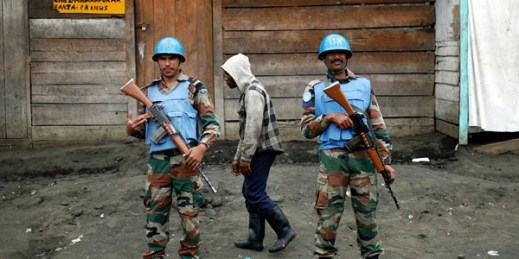
The Thai government announced today that it has agreed to conduct peace talks with one of the groups involved in Thailand’s southern insurgency, following a highly ambitious but unsuccessful raid by insurgents in the country’s south earlier this month. Jeff Moore, an expert on Thailand’s insurgencies, explained the context of the attack and the government’s previous efforts at talks in an email interview from Thailand conducted before the talks were announced. WPR: What has been the recent course of Thailand’s southern insurgency? Jeff Moore: Most recently we’ve seen a beehive of activity. Insurgents have steadily recovered from major government counterinsurgency […]










